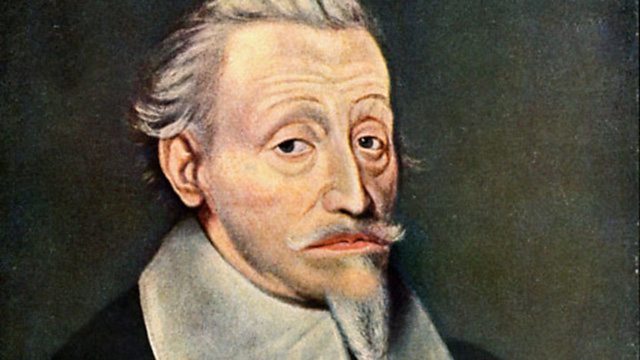Heinrich Schütz (1585-1672) was a German composer widely regarded as one of the most important figures in the development of Baroque music. Here are 10 facts about this influential composer:
- Early Life and Education:
Heinrich Schütz was born on October 8, 1585, in Köstritz, Electorate of Saxony (now in Germany). He came from a family of town musicians, which influenced his early exposure to music.
- Studies with Giovanni Gabrieli:
In 1609, Schütz traveled to Venice to study with Giovanni Gabrieli, a prominent composer of the Venetian School. This experience had a profound impact on Schütz’s compositional style, introducing him to the grand Venetian polychoral tradition.
- Influence of Italian Music:
Schütz played a crucial role in introducing Italian stylistic elements to German music. His exposure to the works of Claudio Monteverdi and other Italian composers inspired him to incorporate expressive and dramatic elements into his compositions.
- Court Composer:
Schütz served as Kapellmeister (chapel master) to the Elector of Saxony in Dresden for most of his career. He held this position from 1615 until his death in 1672, and it allowed him to compose for both sacred and secular occasions.
- Sacred Music Innovations:
Schütz is often credited with being the first German composer to master the new Italian style of the early Baroque era. His sacred compositions, such as the “Symphoniae Sacrae,” reflect a blend of the German and Italian traditions, showcasing his innovative approach to choral writing.
- Musical Publications:
Schütz was a prolific composer, and his works include a wide range of genres, from sacred motets and psalms to secular madrigals and instrumental music. His compositions were published in collections, contributing significantly to the dissemination of his music.
- Thirty Years’ War:
The tumultuous period of the Thirty Years’ War (1618-1648) deeply affected Schütz’s life and work. His compositions during this time often reflected the hardships and challenges of the war, with themes of sorrow, hope, and religious introspection.
- Polyphonic Mastery:
Schütz was a master of polyphony, using multiple independent voices to create rich and intricate textures in his compositions. His skillful handling of vocal and instrumental forces contributed to the expressive power of his music.
- Connection with Lutheranism:
Schütz’s music is closely tied to the Lutheran tradition, and many of his compositions are settings of biblical texts. His deep religious conviction is evident in the spiritual depth and sincerity found in his sacred works.
- Legacy:
Heinrich Schütz is considered a key transitional figure between the Renaissance and Baroque periods. His innovations in vocal and instrumental writing, as well as his ability to synthesize diverse musical influences, laid the groundwork for the flourishing of Baroque music in Germany and beyond. His legacy endures through his lasting impact on the development of Western classical music.


Comments are closed